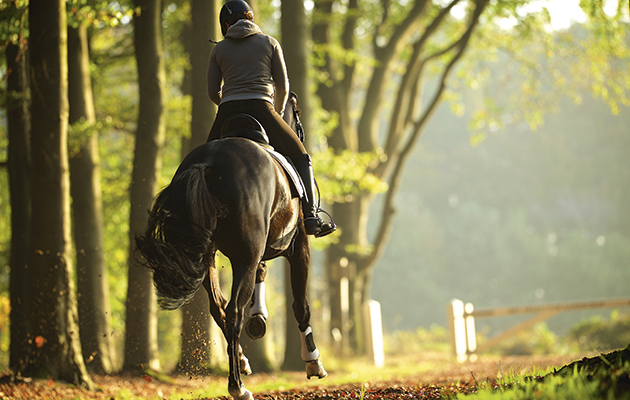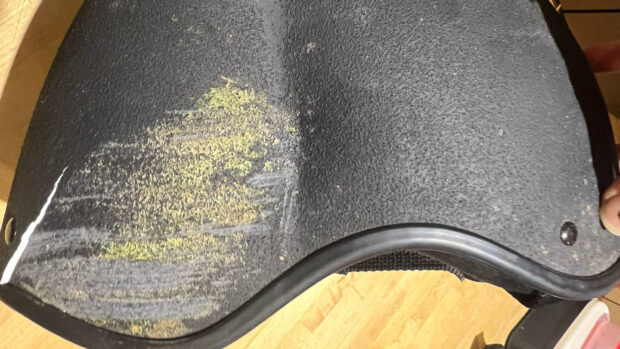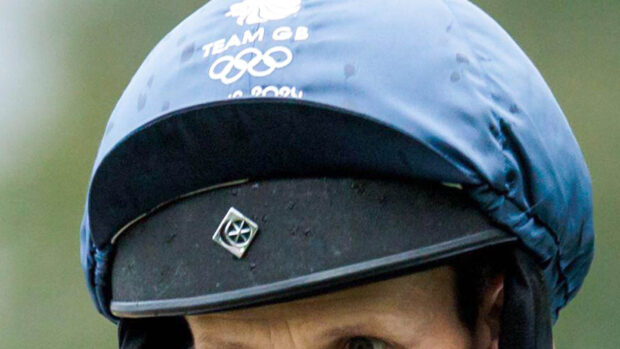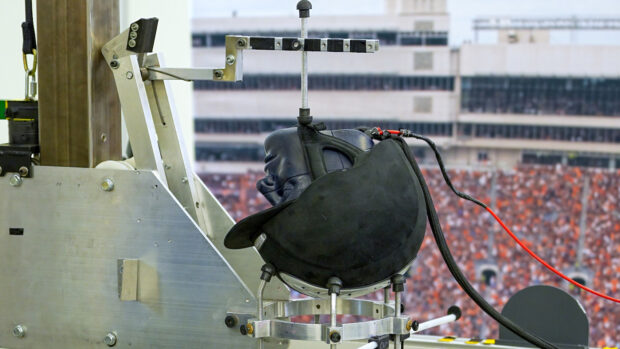This weekend (14-15 September 2019) is the 10th annual Riders4Helmets International Helmet Awareness Day — a campaign designed to educate people about the importance of wearing a hat, following dressage Olympian Courtney King-Dye’s accident from which she suffered a brain injury.
To mark the occasion, the campaign’s Lyndsey White shared 10 important messages that all riders should remember on a daily basis:
1. If you have a hard impact blow while wearing your hat, immediately replace it with a new hat. There may be damage to the hat that is not visible to the naked eye.
2. Hat manufacturers generally recommend replacing your hat every four to five years. Hats take a beating over time from sweat, heat, dust and rain, and the Styrofoam in the hat relinquishes its ability to protect the head over time. “So, replacing your hat sooner than four to five years may in some circumstance be necessary,” says Lyndsey.
3. A ponytail or different hairstyle can affect the fit of your hat. When you try on hats prior to purchase, wear your hair in the style that you expect to wear it when riding.
4. If you purchase your hat online, check the date of manufacture. Purchasing a used hat can be very risky and is NOT recommended. The hat may have sustained previous damage that you aren’t able to see.
5. There is no statistical correlation between skill level and injury likelihood. Professional riders are just as at risk to sustain injury due to a fall as less frequent riders.
6. Even a fall from a standing horse can be catastrophic. Your injury risk depends on the height from which fall, as well as the speed at which you’re travelling.
7. Head injuries are cumulative. An original head injury can be made much worse by additional concussions.
Continued below…
Liked this? You may also enjoy reading this article…
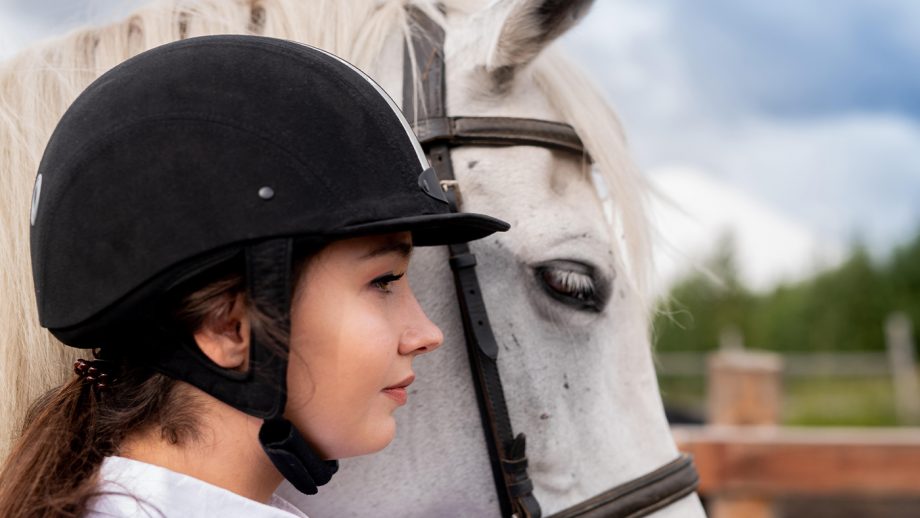
13 riding hats that are worth your attention

Subscribe to Horse & Hound magazine today – and enjoy unlimited website access all year round
8. Riding is considered more dangerous than downhill skiing and motorcycling.
9. Approximately 20% of accidents which result in head injury happen while the person is on the ground.
10. It is best if you invest in your own hat regardless of whether or not you own a horse. “It is a personal purchase. Your hat is designed to fit your head,” says Lyndsey. An incorrectly fitting hat offers very little, to no protection. In addition to wearing a correctly fitting hat, you must have the harness correctly fastened on your hat. If the harness is not fitting snugly, the hat can rotate should you have a fall and it won’t be able to protect your head to its fullest intention.
Find out more about the campaign this weekend at riders4helmets.com
For all the latest equestrian news and reports, don’t miss Horse & Hound magazine, out every Thursday
